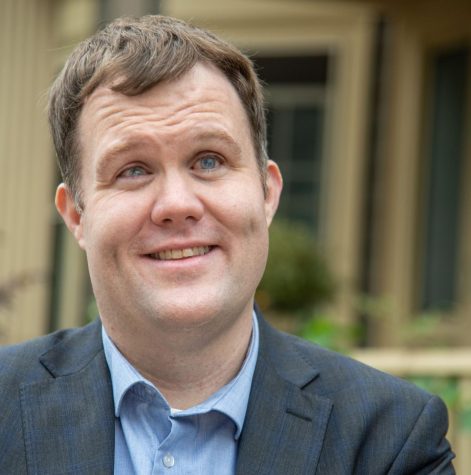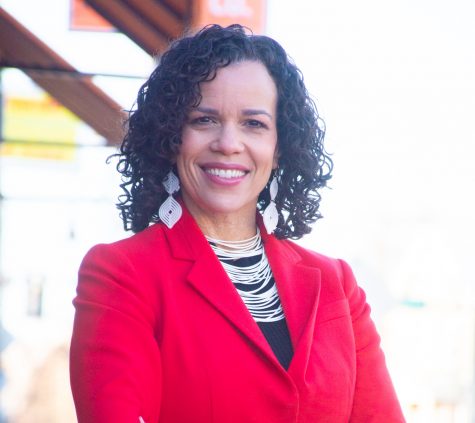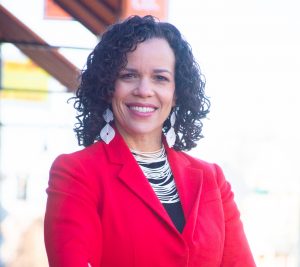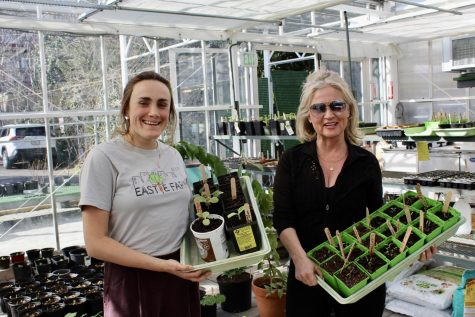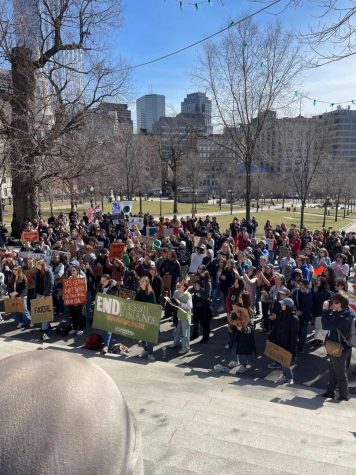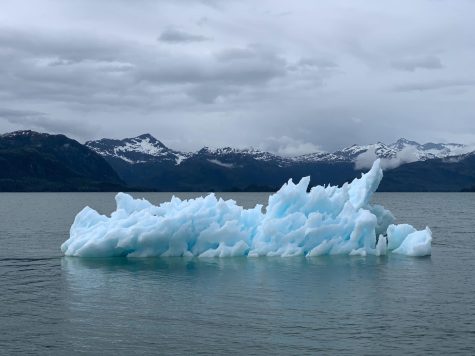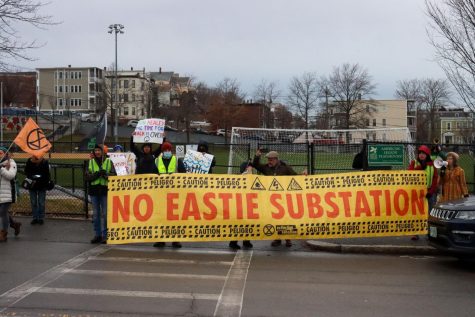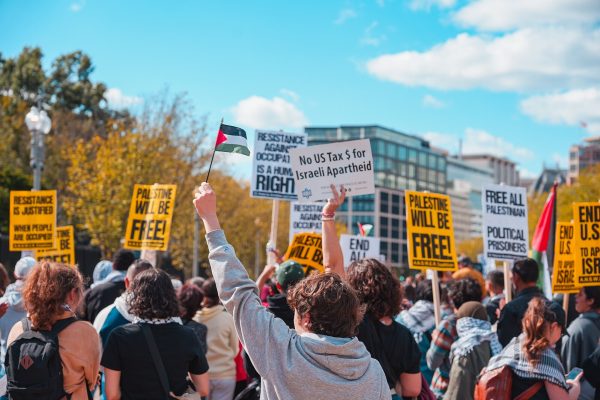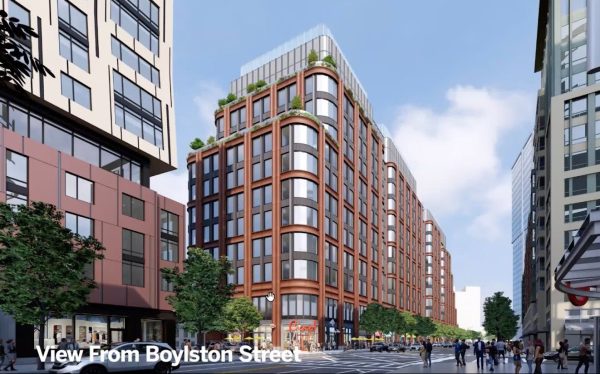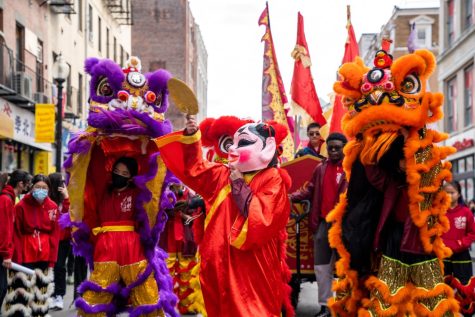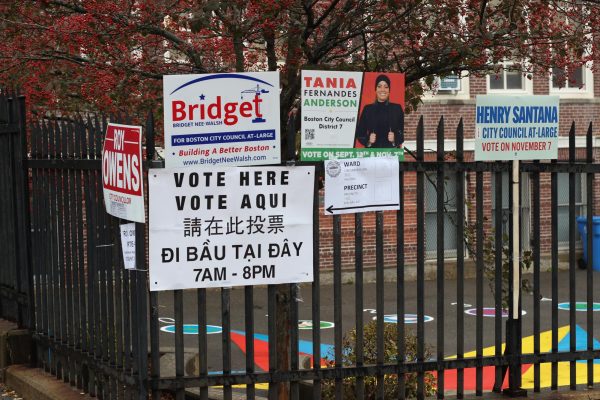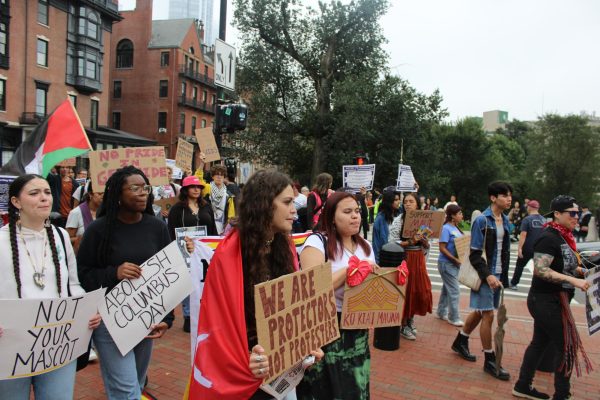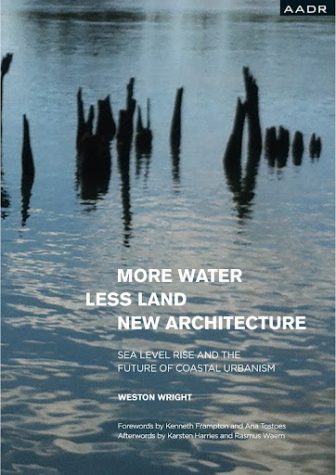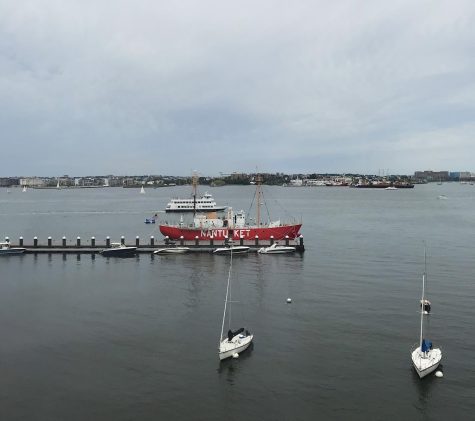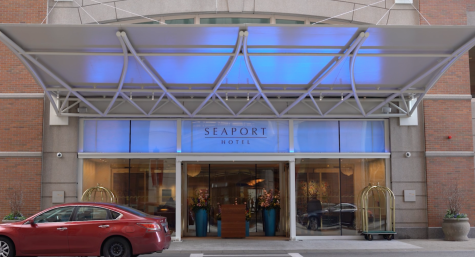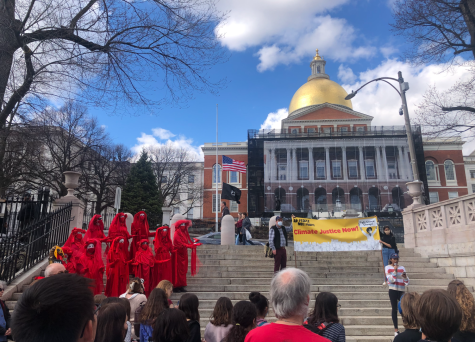‘If we don’t do something, we will be bearing the cost:’ How stormwater pollution is contaminating Boston’s waterways
As much as 500 million gallons of sewage, mixed with stormwater, flow into Boston harbor through rivers that carry pollutants every year. Stormwater pollution is the combination of rainwater and pollutants on lawns, houses and streets, which wash directly into the river. In other words, stormwater runoff from city streets carries huge amounts of garbage into rivers and contaminates them.
“Stormwater pollution is the largest source of pollution in most Massachusetts rivers,” said Katharine Lange, the policy specialist of Massachusetts Rivers Alliance.
Pollution in running water that enters waterways affects wildlife and the ecosystem’s animal habitats. It even impacts urban aesthetics and human recreational activities, including swimming, kayaking, fishing and boating. If the water is polluted, these activities are no longer safe.
This is specifically a problem in Boston.“We have some very old infrastructure that can’t handle all of the rainwater that falls into the system and pushes the sewage into the river, ” said Patrick Herron, the executive director of Mystic River Watershed Association.
Caroline Reeves, co-founder of Muddy Water Initiative, also calls on people to be involved in this issue. “If we don’t do something, we will be bearing the cost,” Reeves said.
This is a part of a video series produced in Jody Santos’ course “Video News Reporting and Producing” at Northeastern University. Over the semester, students will be producing news packages addressing sustainability, climate change and transit justice within Greater Boston.



